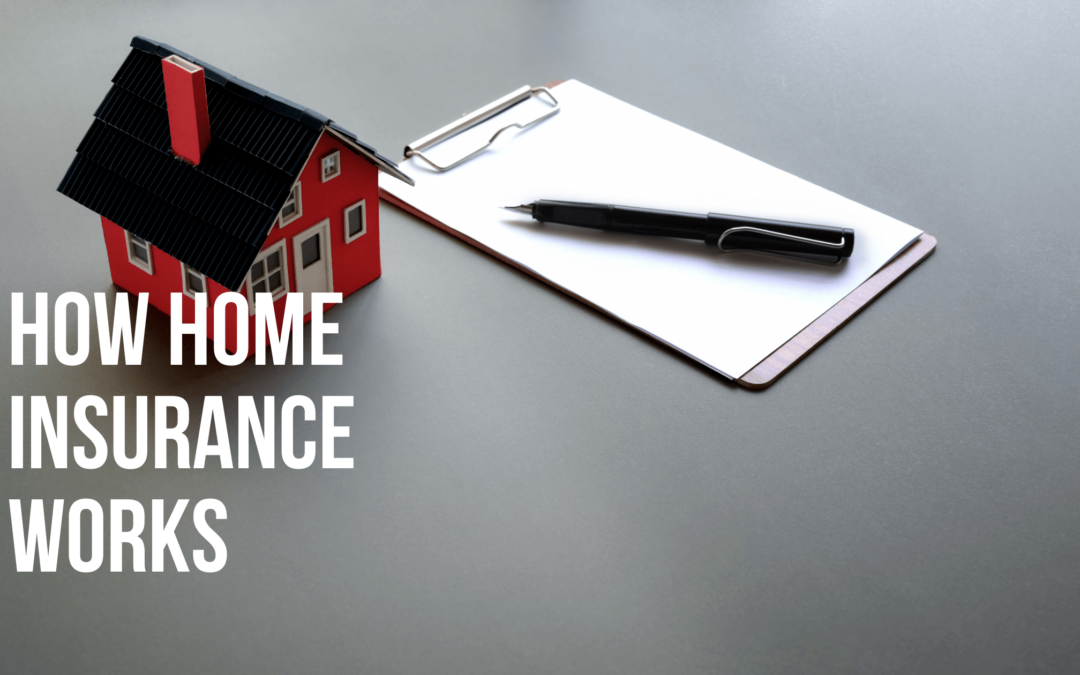Home Insurance protects your property from disasters such as fires, floods, and storms. It provides coverage for your possessions that is replaceable in a disaster that causes damage to the home. The policies vary by state but typically cover losses from natural disasters such as hurricanes and earthquakes. Some policies may cover any theft or vandalism.
Homeowners Insurance provides five main types of insurance protection for your home: Property, Personal, Liability, Loss of use, and Property Damage caused by Airplane or Spacecraft Accidents.
1. Property Insurance
Property insurance covers the building and anything attached to it. It includes the home’s structure, appliances, furnishings, and any other personal property in or around the house. Some policies may also cover your yard or business structures so you can be covered no matter where you are.
2. Personal Insurance
Personal insurance covers the things you own and are attached to your home. It’s used to replace or repair: jewelry, clothing, electronics, computers, musical instruments, and anything else you value.
3. Liability Insurance
Liability insurance protects against injuries you might cause while at home or away from your property. It also covers falls or a car accident caused by driving your car in the street where your house is located. Liability insurance also covers damage from vandalism and theft.
4. Property Damage by Aircraft or Spacecraft Accident Insurance
These policies provide coverage to repair or replace the building’s structure and contents. They may cover personal possessions and other types of buildings on the property so you can be protected if an airplane crashes into another building. These policies are more expensive than those that only cover natural catastrophes such as earthquakes, tornadoes, and hurricanes.
5. Loss of Use Insurance
Loss of use insurance covers the money you will lose due to a temporary interruption in the use of your property during an insured event, such as a flood. Each state sets its guidelines. Most policies allow you to continue making payments while the damage is repaired or replaced.
Some policies require you to agree to take specific measures, such as limiting access to your home or storing valuables indoors if necessary. You may also have extensions added to your policy so that you can get repairs done sooner.
Exemptions of Coverage
Exceptions of coverage are things in your home or property that are not covered under the policy. The policy won’t pay for anything not reported to the insurer before a loss.
Unless you have an additional policy to cover these losses, it includes items stolen from an unattended car or another vehicle, contamination by hazardous waste, and damage caused by pests, rodents, or insects. The standard homeowner’s insurance usually does not cover flood damage from sewer systems or water main breaks. Most of the policies exclude damage done by an earthquake’s earth tremor.
Protecting Your Belongings
Some homeowners put valuables in bank safety deposit boxes to avoid theft. However, if you have personal belongings in your home that are expensive and not easily replaced, insurance can help protect your personal property from losses. For example, a personal property policy can cover the cost of replacing furniture and other possessions that are damaged by fire or smoke when they’re inside your house.
